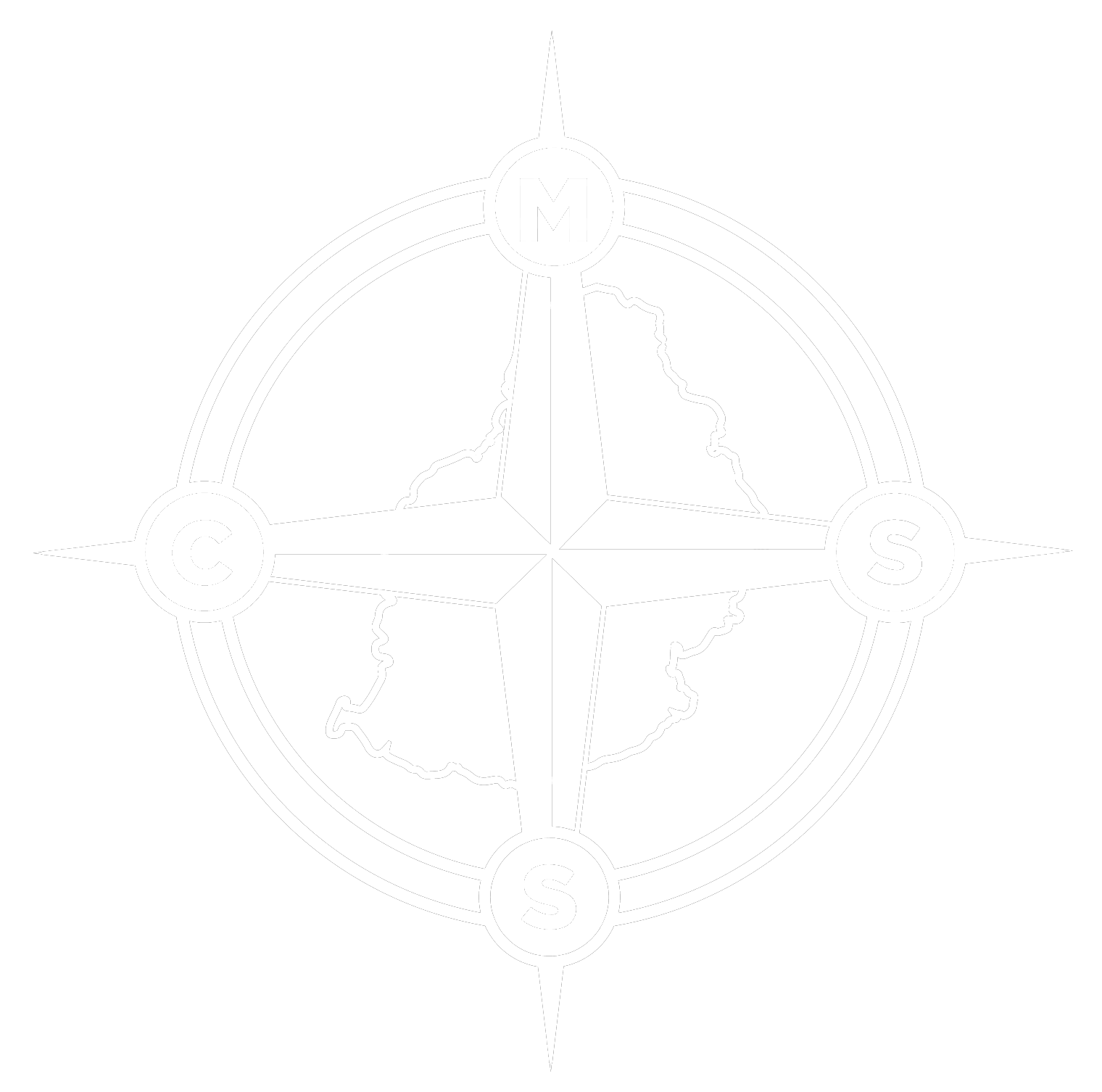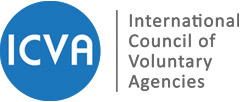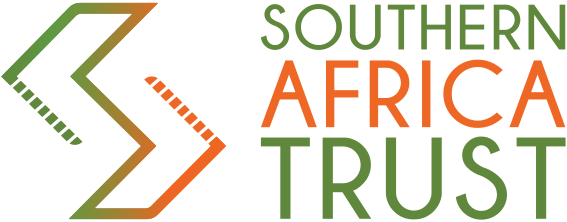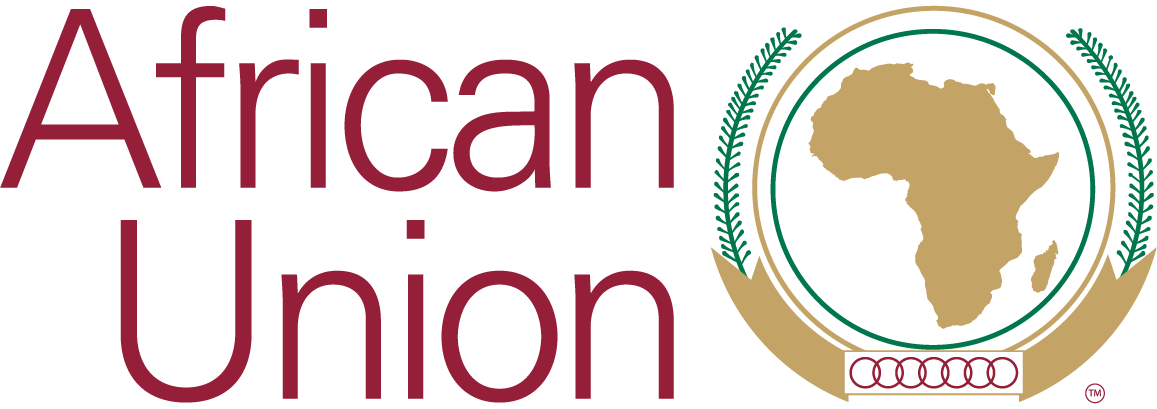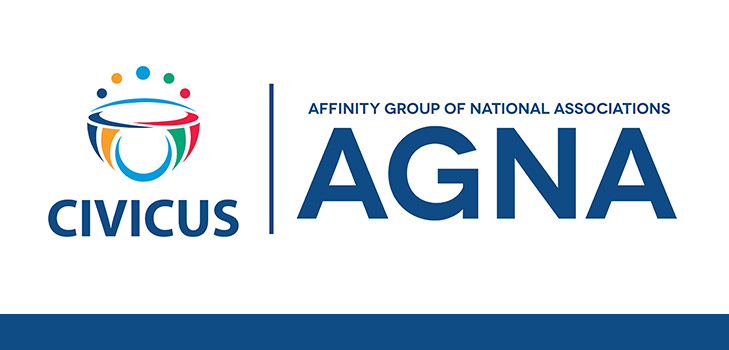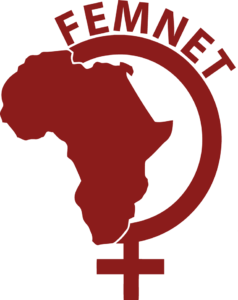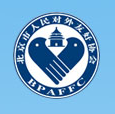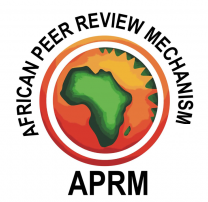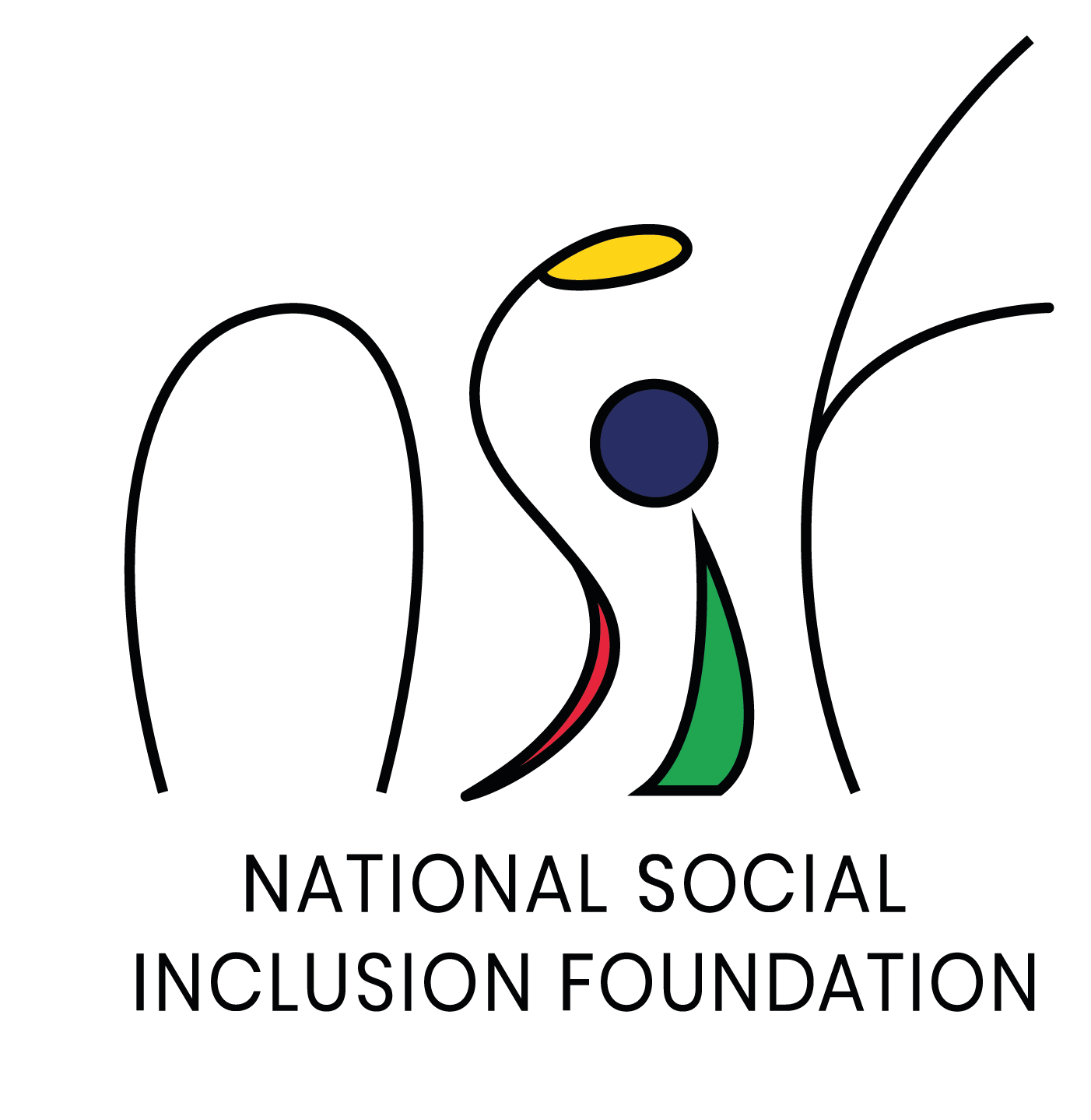Our Partners & Sponsors
The International Council on Social Welfare (ICSW) is a non-governmental organization focusing on advocacy, knowledge-building and technical assistance projects in various areas of social development carried out at the country level and internationally.
Established in 2009, APN was conceived as a space for African institutions to interrogate and intervene in the power dynamics that shape how resource mobilization, distribution and spending, impact the possibilities of transformative change in Africa.
ICVA is a global network of non-governmental organisations whose mission is to make humanitarian action more principled and effective by working collectively and independently to influence policy and practice.
A global network of 69 National NGO Platforms (NPF) and 7 Regional Coalitions (RC) from 5 continents. It works to strengthen the capacities of civil society to ensure the effective and efficient participation of civil society actors in official negotiations. FORUS advocates for better resourcing of civil society and the defense of an enabling environment for civil society organisations to influence public policy at the national, regional and international level.
SADC CNGO is a regional umbrella body of NGOs operating in all SADC Member States. It was formed in 1998 to facilitate effective and meaningful engagement between civil society in the region and SADC institutions at national and regional levels.
A non-profit organization that undertakes activities that contribute to the reduction of poverty and inequality. These include activities related to public policy, official poverty reduction processes, human rights, stakeholder engagement, human and economic development, research, training and capacity building. The Southern Africa Trust channels the voices and the vibrancy of the vulnerable through policy in the 16 SADC countries.
The Economic, Social & Cultural Council (ECOSOCC) was established in July 2004 as an advisory organ composed of different social and professional groups of AU Member States.
The purpose of ECOSOCC is to provide an opportunity for African Civil Society Organisations (CSOs) to play an active role in contributing to the AU’s principles, policies and programmes.
CIVICUS is a global alliance of civil society organisations and activists dedicated to strengthening citizen action and civil society throughout the world. The AGNA network brings together national associations and regional platforms from around the world to foster greater cooperation across national and regional boundaries, including innovating new ways for civil society organisations to collaborate.
The Economic and Social Council is at the heart of the United Nations system to advance the three dimensions of sustainable development – economic, social and environmental. It is the central platform for fostering debate and innovative thinking, forging consensus on ways forward, and coordinating efforts to achieve internationally agreed goals. It is also responsible for the follow-up of major UN conferences and summits.
The UN Charter established ECOSOC in 1945 as one of the six main organs of the United Nations.
Also known as the African Women’s Development and Communication Network, it is an organization established in 1998 to promote women’s development in Africa. FEMNET helps non- governmental organizations share information and approaches on women’s development, equality and other human rights.
Beijing NGO Association for International Exchanges hereinafter referred to as Beijing NGO, was established on August 2007. It is a non-profit social organization with independent legal person status and co-founded by local NGOs in various fields. The purpose of this association is to promote exchanges and cooperation between NGOs in Beijing and international NGOs through organizing an array of activities and events.
The APRM was established on March 2003 in Abuja, Nigeria by the African Union within the framework of the implementation of the New Partnership for Africa’s Development (NEPAD). The APRM is a mutually agreed instrument voluntarily acceded to by AU member States as an African self-monitoring mechanism. It is often described as “Africa’s unique and innovative approach to governance” with the objective of improving governance dynamics at the local, national and continental levels.
The main mandate of the Foundation is to undertake programmes and projects for the benefit of individuals and families registered under the Social Register of Mauritius (SRM) and of vulnerable groups in the following priority areas: Social-economic development, Educational Support & Training, Social Housing, Leisure & Sports, Supporting people with disabilities, Environment and sustainable development, Dealing with health problems, Family protection including gender-based violence, Peace and nation-building and Road and security safety.
The United Nations Development Programme (UNDP) is one of the world’s largest multilateral development agencies partnering with national stakeholders from the government, private sector, academia and civil society, to achieve 2030 national visions and to build a world where no one is left behind. To achieve this aim, UNDP provides and supports capacity building efforts, promotes policy dialogue and advocacy, and shares best practices and knowledge.
